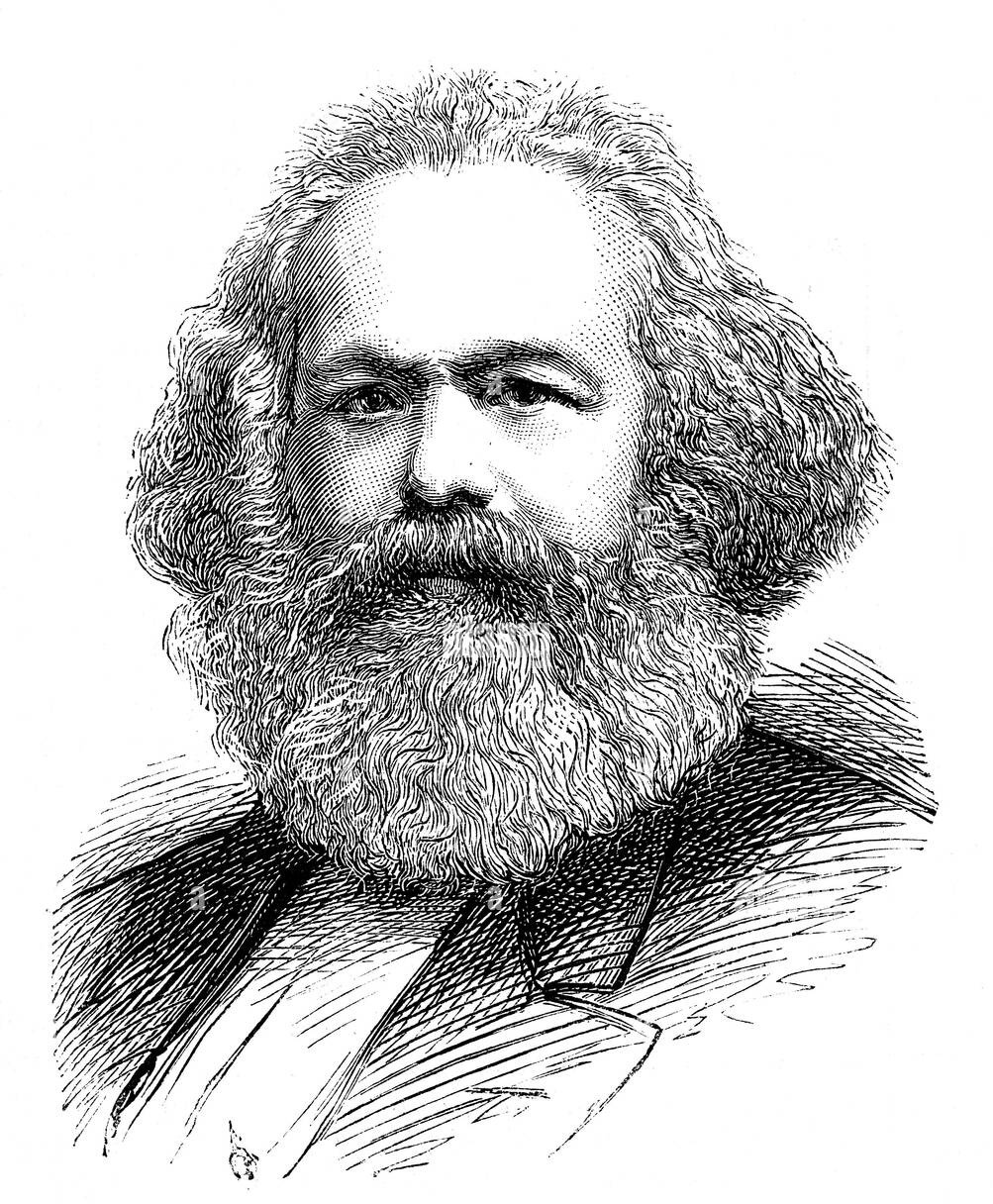Alienation as stifled creativity, reading and writing as clarifying activities, and US Americans talking about algorithms flattening culture (again)
Weekly mini-essays for the last week of May. This week's question: is the word journalist the etymological child of the word journal? As in: one who journals? I don't know the answer.
A writer talks about reading and writing
For me, reading and writing are clarifying activities. Clarifying, in fact, is the point of words.
Reading sets the scene: you’re imbibing information that will serve as the raw material for future clarity. The medium of ‘reading’ ‘text’ matters, of course (there’s McLuhan again – I’ve written about him).
When it’s black text on white paper – or white text on black glass if you’re a night mode kind of person – it is material that calls for deeper engagement, and therefore embeds itself deeper in the mind, achieves more. When it’s audio, when text is channeled through the ears, either in the form of a podcast or an audiobook, it sits more shallowly and requires a more deliberate move to commit to memory. When it’s audiovisual – a video podcast, an interview, or a documentary – you absorb the least. You will forget.
Writing is an exercise in achieving and delivering clarity. It’s when you write it down, move it out of your brain onto paper (or the cloud, if you’re so inclined) that you move closer to clarity. That you go from something you once read, heard, or saw to something you are, know, or do. In that spirit, I want to talk about some of the books and articles that impact me, and by extension, therefore, grow me.
What I’ve been reading – actually reading
These are some of the books I’ve been reading over the last couple of months (without entirely abandoning). I want to document my notes about them for whatever posterity the internet might bestow upon its newsletters. The list will be enhanced with hyperlinks once I add my notes. That way it won’t just be a list of books that scream – look ma no doomscrolling.
David Foster Wallace – Consider the Lobster, particularly the essays Consider the Lobster and How Tracy Austin Broke My Heart.
Kyle Chayka – Filterworld
A lot of this stuff is by US Americans talking about algorithms and culture.
Thinking about alienation
I want to shout out Thufail, the store clerk from my neighbourhood bookstore. Thanks to Thufail, I have read in the previous month all or some of: The Colonizer and the Colonized by Albert Memmi, The Ultimate Hidden Truth of the World by David Graeber, and Liberalism at Large by Alexander Zevin.
This uncharacteristic detour in my reading – I don’t read much politics as the imminent cataloguing of my reading habits will soon prove – has also impacted what I read online. Over the past couple of weeks, I’ve found myself reading bits and pieces of essays by political theorists on Karl Marx, Adam Smith, John Stuart Mill, the lot. This hasn’t encouraged me to write about politics; not at all. Instead, it has brought me squarely to familiar territory. I’ve been thinking about the alienation that ails us white-collar types in the modern world (us fortunate folks).
Consider the following two passages. One was written by Adam Smith, the father of modern capitalism and the other by Karl Marx, the father of modern communism.
“The man whose whole life is spent in performing a few simple operations, of which the effects are perhaps always the same, or very nearly the same, has no occasion to exert his understanding or to exercise his invention in finding out expedients for removing difficulties which never occur. He naturally loses, therefore, the habit of such exertion, and generally becomes as stupid and ignorant as it is possible for a human creature to become. ”
“[M]an’s relation to himself becomes for him objective and actual through his relation to the other man. Thus, if the product of his labor, his labor objectified, is for him an alien, hostile, powerful object independent of him, then his position towards it is such that someone else is master of this object, someone who is alien, hostile, powerful, and independent of him. If he treats his own activity as an unfree activity, then he treats it as an activity performed in the service, under the dominion, the coercion, and the yoke of another man. Every self-estrangement of man, from himself and from nature, appears in the relation in which he places himself and nature to men other than and differentiated from himself.”

Who said which isn’t critical to the hypothesis of this essay (the first is Smith; the second, Marx). What is central to it is what both arguments have in common.
When a person’s creative impulse is separated from the journey of building whole things, the person experiences an ever-present sense of alienation. The antidote to alienation is contained in the journey of building, especially when both the journey and its results are shared with a caring few.



